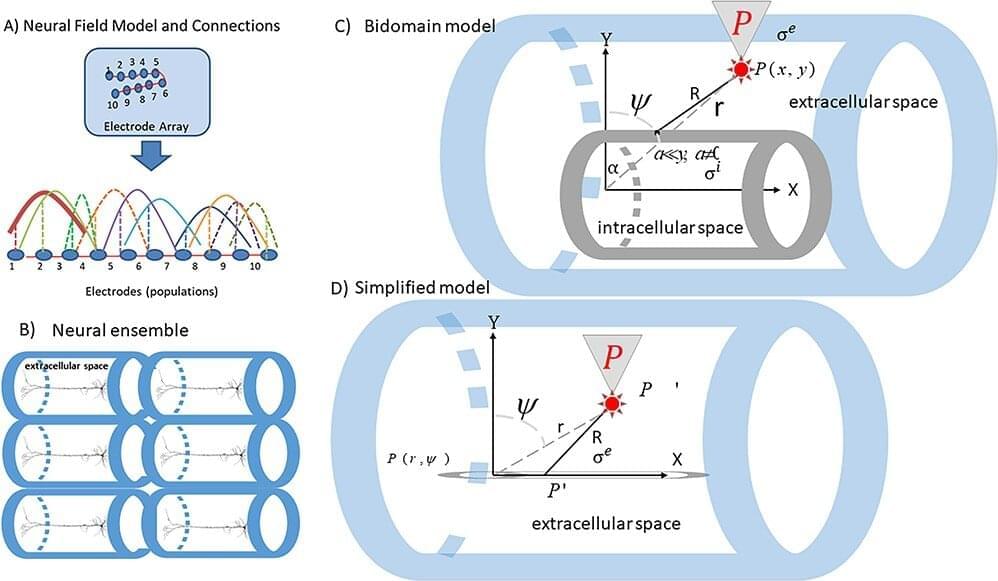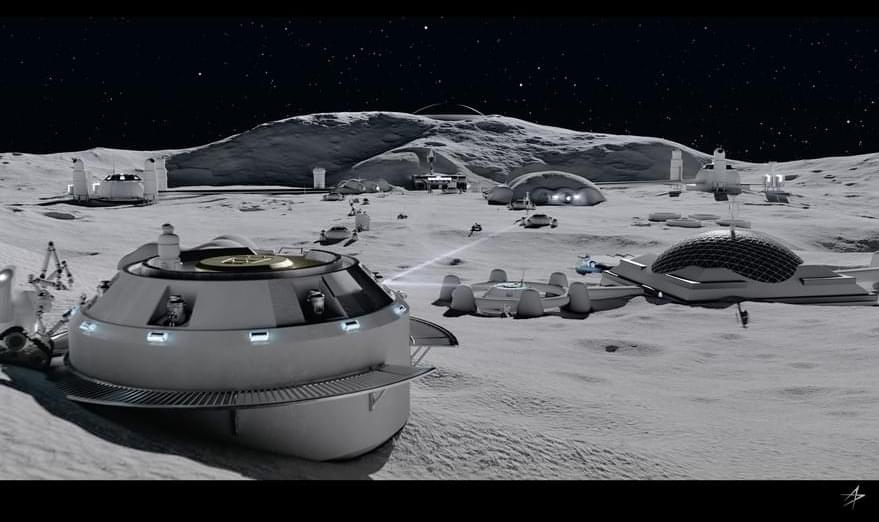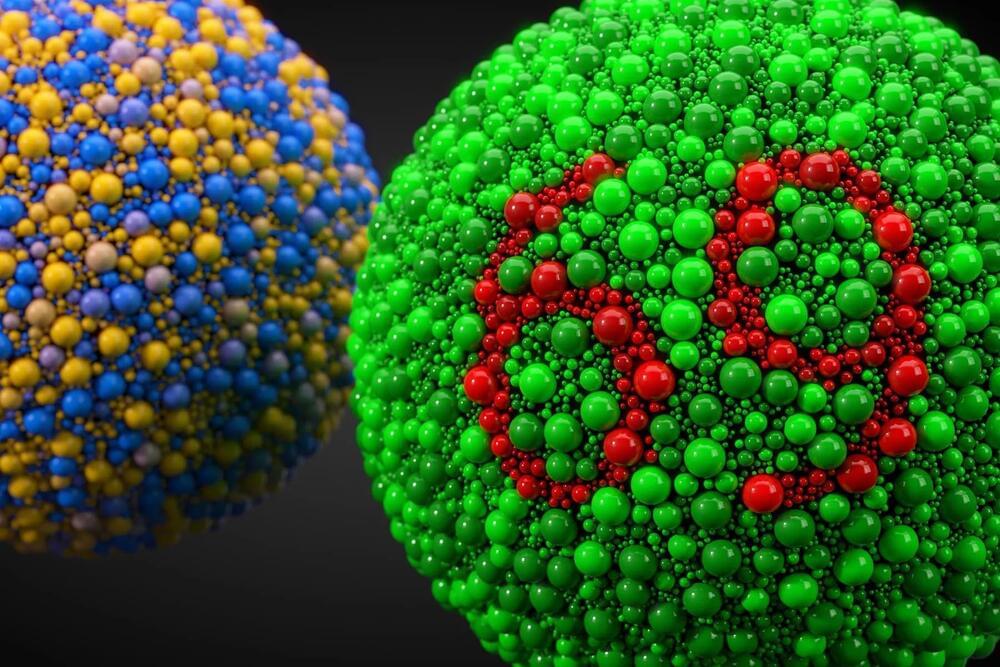The discovery of low-level ripples throughout the universe called the gravitational wave background has set physicists looking for exotic explanations.
By Alex Wilkins

The discovery of low-level ripples throughout the universe called the gravitational wave background has set physicists looking for exotic explanations.
By Alex Wilkins

Can you really die in the digital age? It’s a question that plagues performance artist Georgia Banks. Not only is this question a recurring theme in her work, but it’s also a concept she lives by.
Since earning a Master of Fine Arts (MFA) from the VCA in 2015, Georgia Banks has consistently skirted the boundaries between art and life through her performance-based works.
Through her practice, Banks has clinched a beauty pageant title, auctioned off the rights to her funeral, endured a crucifixion, and been sued by the estate of American artist Hannah Wilke.

The “circuit” metaphor of the brain is as indisputable as it is familiar: Neurons forge direct physical connections to create functional networks, for instance to store memories or produce thoughts. But the metaphor is also incomplete. What drives these circuits and networks to come together? New evidence suggests that at least some of this coordination comes from electric fields.
The new study in Cerebral Cortex shows that as animals played working memory games, the information about what they were remembering was coordinated across two key brain regions by the electric field that emerged from the underlying electrical activity of all participating neurons. The field, in turn, appeared to drive the neural activity, or the fluctuations of voltage apparent across the cells’ membranes.
If the neurons are musicians in an orchestra, the brain regions are their sections, and the memory is the music they produce, the study’s authors said, then the electric field is the conductor.


Microsoft cofounder Bill Gates is warning that AI assistants could soon make search engines like Google Search obsolete by profoundly altering the behaviors of users online.
“Whoever wins the personal agent, that’s the big thing, because you will never go to a search site again, you will never go to a productivity site, you’ll never go to Amazon again,” Gates said during a Goldman Sachs event on AI in San Francisco this week, as quoted by CNBC.
These AI assistants could “read the stuff you don’t have time to read,” he said, allowing users to get to information without having to use a search engine like Google.

Sphere Entertainment, the Madison Square Garden-funded venture seeking to “reinvent” live music, has started testing its first — and impressively large — LED-laden, orb-shaped music venue in Las Vegas, which is already being billed as the “world’s largest video screen.”
First impressions: it looks absolutely bonkers, as evidenced by videos of the orb in action.
According to Engadget, the 17,600-seat stadium, which cost over $2 billion to build, is a good 516 feet wide and 366 feet tall. Its LED-powered displays, combined with its 164,000-speaker audio system and added sensory elements — think what you’d get at a 4D movie — are designed to create a completely immersive experience.

Inside a lab, scientists marvel at a strange state that forms when they cool down atoms to nearly absolute zero. Meanwhile, just outside their window, trees are absorbing sunlight and converting it into new leaves. These two scenarios may seem entirely unrelated, but a recent study from the University of Chicago proposes that these processes are not as distinct as they might appear on the surface.
Published in the journal PRX Energy, the study established connections at the atomic level between the process of photosynthesis and exciton condensates, —a strange state of physics that allows energy to flow frictionlessly through a material. According to the authors, this discovery is not only fascinating from a scientific perspective, but it may also offer new perspectives for electronics design.


LOS ANGELES – Artificial intelligence, quantum computing and nuclear power are among the key technologies Lockheed Martin sees as important for future space missions.
Through a project called Destination: Space 2050, Lockheed Martin executives are exploring, for example, how AI could assist scientific exploration of locations where communications with remote sensors would be disrupted by high latency.
In that type of environment, “you really can’t interact with the robotic sensors,” David Lackner, Lockheed Martin senior manager strategy and business development, said during a June 28 webinar. “You have to have something that is super autonomous that can deal with unknown unknowns. We’ve got some really interesting causal autonomy tools that … allow the AI to be super smart about running into something that it hasn’t encountered before.”
